
Find Help
More Items From Ergsy search
-

How does Alzheimer's affect daily life?
Relevance: 100%
-
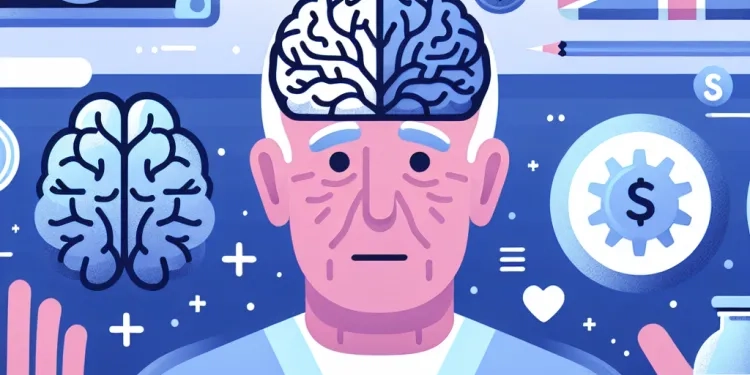
What are the symptoms of Alzheimer's disease?
Relevance: 61%
-
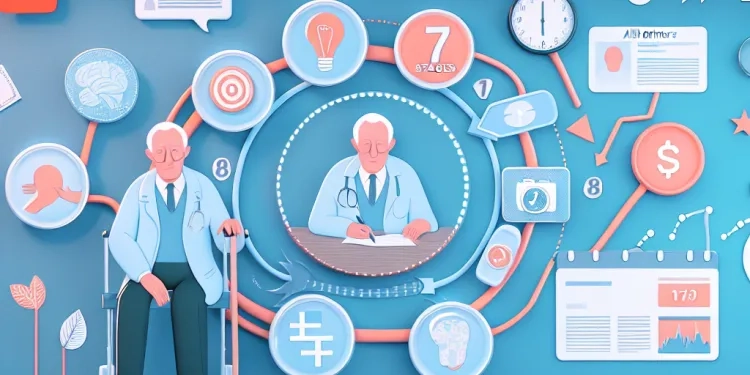
What are the stages of Alzheimer's disease?
Relevance: 60%
-

What is Alzheimer's disease?
Relevance: 57%
-

What treatments are available for Alzheimer's disease?
Relevance: 52%
-

Can technology aid in the care of Alzheimer's patients?
Relevance: 52%
-
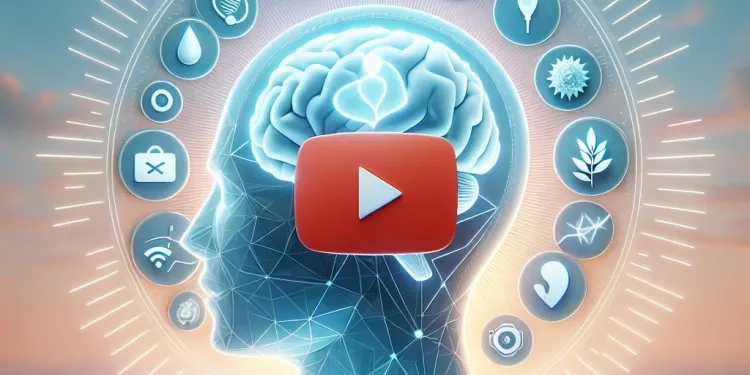
Can Alzheimer's disease be prevented?
Relevance: 51%
-

How common is Alzheimer's disease in the UK?
Relevance: 51%
-

Are there specific apps or tools to help carers of Alzheimer's patients?
Relevance: 50%
-
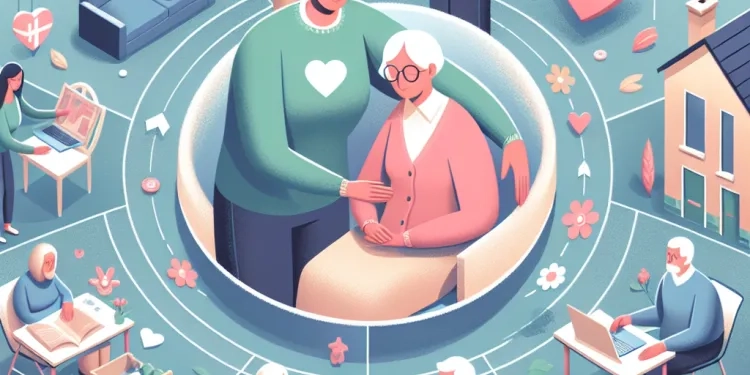
How can families support a loved one with Alzheimer's?
Relevance: 49%
-

What causes Alzheimer's disease?
Relevance: 48%
-
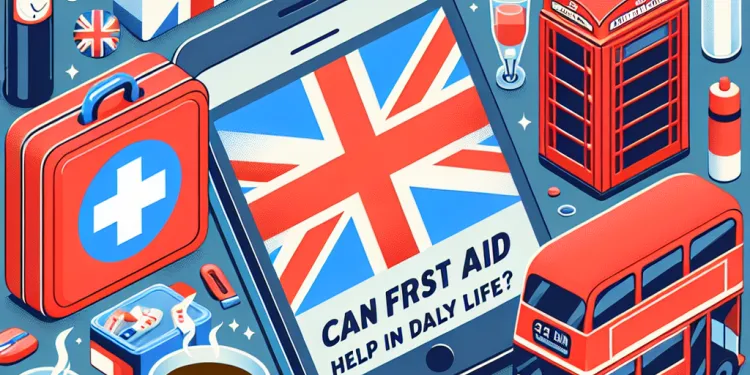
Can first aid skills help in daily life?
Relevance: 48%
-
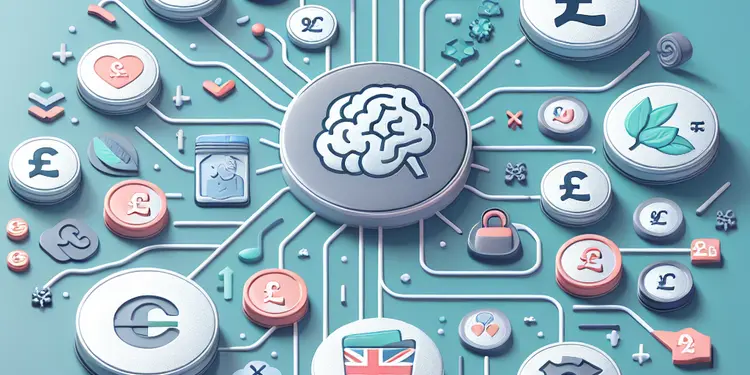
How can carers plan for future stages of Alzheimer's disease?
Relevance: 48%
-
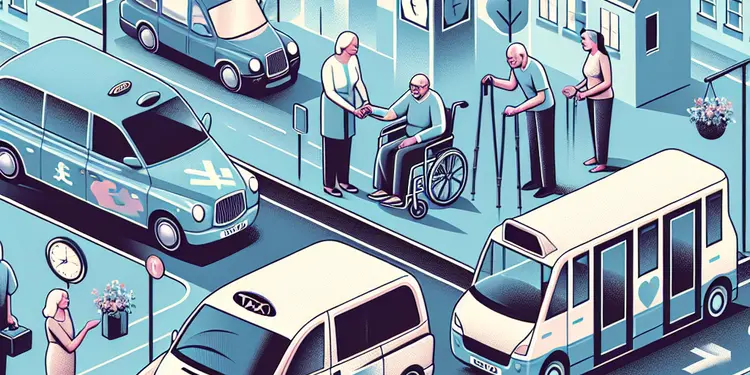
What transportation services are available for Alzheimer's patients and their carers?
Relevance: 47%
-
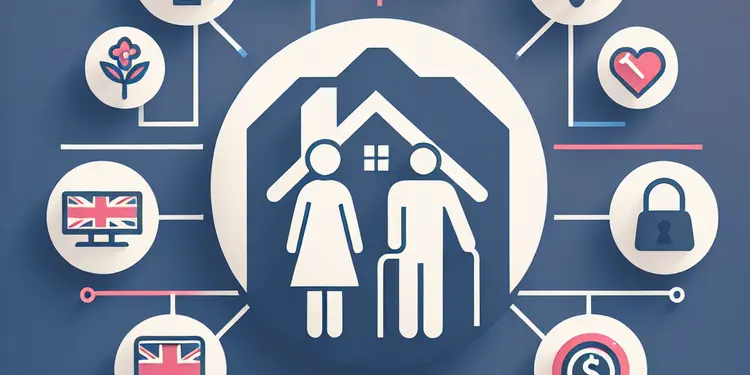
Can carers of Alzheimer's patients access in-home healthcare services?
Relevance: 47%
-

Where can I find information about Alzheimer's disease for carers?
Relevance: 47%
-
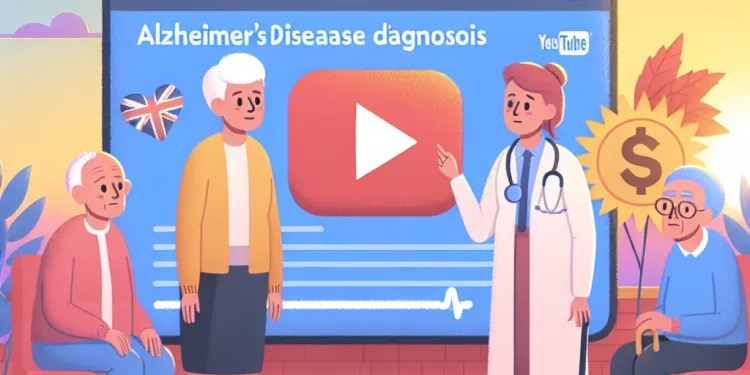
How is Alzheimer's disease diagnosed?
Relevance: 47%
-
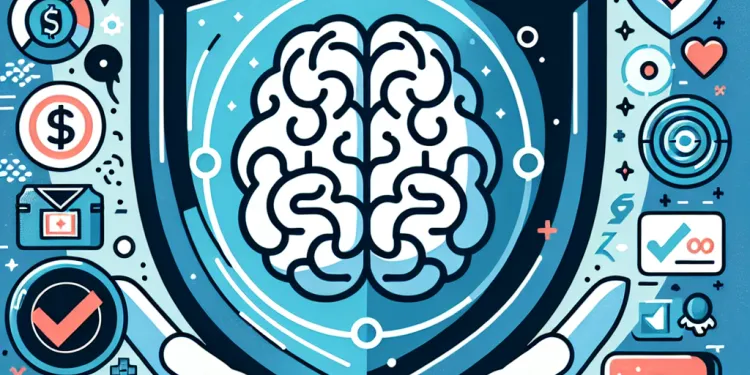
Who is at risk of developing Alzheimer's disease?
Relevance: 47%
-

How can support groups benefit carers of Alzheimer's patients?
Relevance: 45%
-

What emotional support is available for carers of Alzheimer's patients?
Relevance: 44%
-
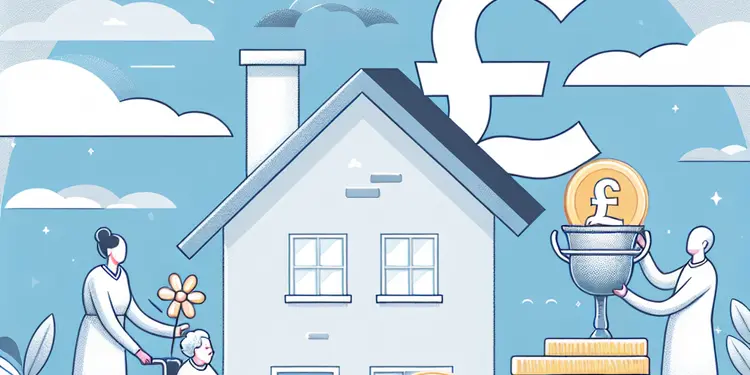
What legal resources are available for carers of Alzheimer's patients?
Relevance: 43%
-

Should You Get Life Insurance UK | Life Insurance & Life Assurance
Relevance: 42%
-
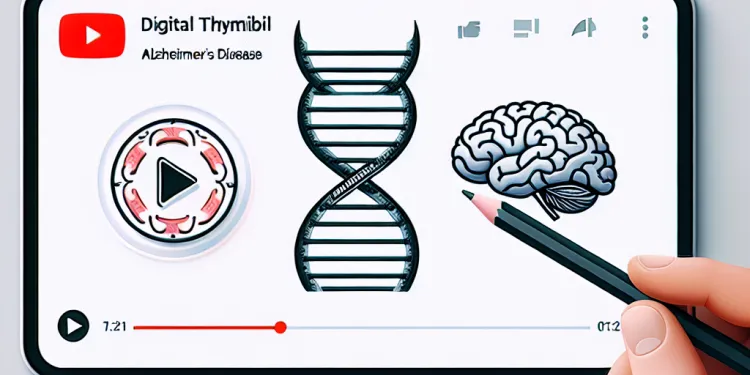
What role does genetics play in Alzheimer's disease?
Relevance: 42%
-

How important is self-care for carers of Alzheimer's patients?
Relevance: 42%
-

What online communities exist for carers of people with Alzheimer's?
Relevance: 42%
-

What support is available for carers of Alzheimer's patients?
Relevance: 41%
-

What types of support are available for carers of Alzheimer's patients?
Relevance: 41%
-

What government assistance is available for carers of Alzheimer's patients?
Relevance: 41%
-
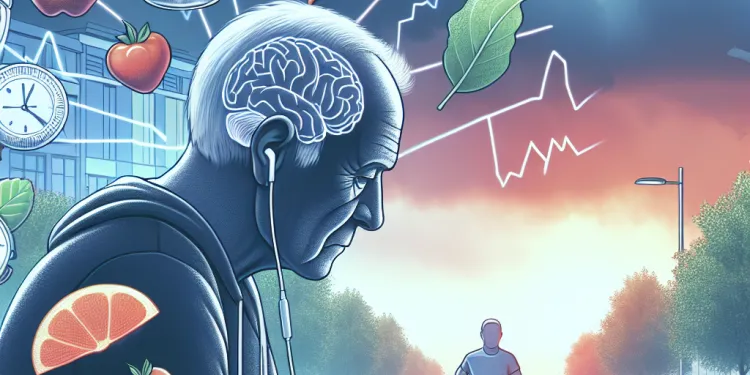
Are there any lifestyle changes that can help reduce the risk of Alzheimer's?
Relevance: 40%
-

Are there financial support programs for carers of Alzheimer's patients?
Relevance: 40%
-

How can carers manage stress while caring for someone with Alzheimer's?
Relevance: 37%
-

What is end of life care?
Relevance: 36%
-

What is the recommended daily intake of salt?
Relevance: 33%
-

What is the life expectancy after a motor neurone disease diagnosis?
Relevance: 33%
-

What is the finger prick blood test for Alzheimers?
Relevance: 32%
-
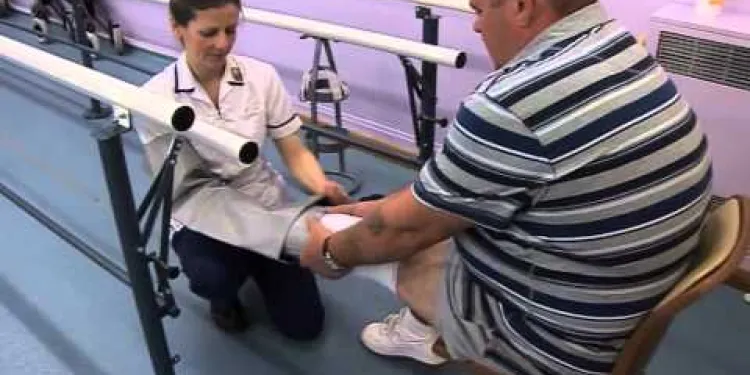
Leg amputation and life afterwards
Relevance: 32%
-

What is the recommended daily sugar intake for adults?
Relevance: 32%
-

What is dementia?
Relevance: 32%
-

Does life insurance cover funeral costs?
Relevance: 31%
-

How much fiber should adults consume daily?
Relevance: 31%
How Alzheimer's Affects Daily Life
Cognitive Challenges
Alzheimer's disease primarily impacts cognitive functions, which are crucial for managing everyday tasks. Individuals with Alzheimer's often experience memory loss that affects daily activities. They may forget important dates, misplace items frequently, or have trouble recalling names and faces. This can result in confusion and disorientation, even in familiar environments. Additionally, problem-solving and planning skills are compromised, making it difficult to handle financial transactions or follow recipes.
Impact on Communication
As Alzheimer's progresses, it becomes challenging for individuals to express themselves clearly. They may struggle to find the right words, repeat themselves, or lose track of conversations. This can lead to frustration and withdrawal from social activities to avoid embarrassment. For caregivers and family members, understanding and adapting to these communication challenges is critical to maintaining meaningful interactions and ensuring the well-being of the person affected.
Behavioural and Psychological Symptoms
Alzheimer's can lead to changes in personality and behaviour. Individuals may exhibit mood swings, become easily upset, or show signs of apathy. Depression and anxiety are common, often exacerbated by the awareness of cognitive decline. Restlessness or wandering, especially during late hours, is also prevalent. These symptoms pose safety concerns and can significantly impact the quality of life for both the person with Alzheimer's and their caregivers.
Effects on Independence
As the disease progresses, performing daily tasks independently becomes increasingly challenging. Basic activities such as dressing, bathing, and eating may require assistance. Creating a supportive environment becomes essential to help maintain a sense of routine and safety. Caregivers often need to step in to help with transportation, medication management, and ensuring a balanced diet, further highlighting the profound impact Alzheimer's has on an individual's independence.
Support and Care in the UK
In the UK, support systems are in place to help families navigate the challenges of Alzheimer's. Organisations like the Alzheimer's Society provide resources and advice on managing care. Access to specialised healthcare services, support groups, and domiciliary care options can ease the burden on families and improve the quality of life for individuals with Alzheimer's. Understanding these resources and early planning can make a significant difference in managing the day-to-day realities of the disease.
How Alzheimer's Changes Daily Life
Thinking Challenges
Alzheimer's disease makes it hard to think and remember. This can affect everyday jobs. People might forget important dates or lose things a lot. They might also forget names and faces, causing confusion even in places they know well. Solving problems and planning, like handling money or cooking, becomes difficult too.
Talking Problems
When Alzheimer's gets worse, it can be hard for people to talk clearly. They might not find the right words, repeat things, or forget what they were saying. This can make them upset and avoid talking to others. It's important for family and friends to be patient and help them feel comfortable.
Changes in Behavior
Alzheimer's can change how people act. They might have mood swings, get upset easily, or seem uninterested. Feeling sad and nervous is common because they know their memory isn't as good. They might also feel restless or wander around, especially at night. These changes can make it hard for the person and those who care for them.
Doing Things Alone
As Alzheimer's gets worse, doing daily things alone becomes hard. Simple tasks like getting dressed, bathing, and eating might need help. A safe and familiar environment is important. Caregivers often help with getting around, taking medicine, and eating right, showing how Alzheimer's affects independence.
Help and Support in the UK
In the UK, there are systems to help families deal with Alzheimer's. Groups like the Alzheimer's Society give advice and resources. They also offer special healthcare services and support groups. These can help make things easier for families and improve life for people with Alzheimer's. Knowing about these resources and planning early can help manage the disease better.
Frequently Asked Questions
What is Alzheimer's disease?
Alzheimer's disease is a progressive neurological disorder that primarily affects memory and cognitive function. It is the most common cause of dementia, particularly in older adults.
How does Alzheimer's affect memory?
In people with Alzheimer's, memory loss is often one of the first and most pronounced symptoms. Individuals may struggle to remember recent events or new information and may frequently repeat themselves.
Can Alzheimer's disease affect communication?
Yes, Alzheimer's can impact communication skills. Individuals may have difficulty finding the right words, following conversations, or understanding complex sentences.
Does Alzheimer's influence a person's ability to perform daily tasks?
As the disease progresses, individuals may find it challenging to complete regular tasks such as cooking, cleaning, or managing finances due to impaired memory and cognitive function.
What are some behavioural changes associated with Alzheimer's?
Common behavioural changes include mood swings, increased anxiety, depression, aggression, or apathy. These changes can be distressing for both the individual and their carers.
How does Alzheimer's disease affect judgment?
People with Alzheimer's may experience impaired judgment and decision-making skills, leading to difficulties in making sound choices or responding to everyday problems.
Can Alzheimer's disease cause disorientation?
Yes, individuals may become disoriented, losing track of dates, time, or their location. This can make it unsafe for them to navigate familiar places alone.
Does Alzheimer's impact sleep patterns?
Alzheimer's can disrupt normal sleep patterns, causing insomnia, daytime drowsiness, or a tendency to wander during the night.
How does Alzheimer's affect social interactions?
Social withdrawal can occur as individuals may find it overwhelming to participate in conversations or social activities due to cognitive and communication challenges.
Are there any changes in personal hygiene due to Alzheimer's?
Individuals with Alzheimer's may neglect personal hygiene due to forgetfulness or a lack of awareness, requiring assistance to maintain good self-care practices.
How does Alzheimer's affect physical movement?
In the later stages, Alzheimer's can lead to difficulties with physical coordination and mobility, sometimes increasing the risk of falls or accidents.
Can Alzheimer's disease lead to nutritional issues?
Yes, individuals may forget to eat, lose interest in food, or have difficulty with chewing or swallowing, leading to potential nutritional deficiencies.
How do carers manage daily life for someone with Alzheimer's?
Carers often assist with daily activities, provide constant supervision, offer emotional support, and may need to make modifications to the home to ensure safety.
Is driving affected by Alzheimer's?
Yes, Alzheimer's affects the ability to drive safely due to impairments in judgment, memory, and reaction times. A medical assessment is often required to determine driving capabilities.
What support is available in the UK for families affected by Alzheimer's?
In the UK, organisations like the Alzheimer's Society offer resources, support groups, and information for families and individuals coping with Alzheimer's disease.
What is Alzheimer's disease?
Alzheimer's disease is an illness that affects the brain. It makes it hard to remember things, think clearly, and can change how someone feels and acts.
If you know someone with Alzheimer's, it can help to talk slowly, use simple words, and be patient.
Using pictures or making notes can help with understanding and remembering. Spending time with friends and family is important too.
Alzheimer's disease is an illness of the brain that gets worse over time. It mainly affects how well you remember things and your thinking. It is the main reason why older people get dementia.
How does Alzheimer's affect memory?
Alzheimer's is an illness. It makes people forget things. It can be small things, like names or where they put stuff. It can also be big things, like family or events.
To help remember things, you can use tools. Writing notes or using a calendar can help. Talking with friends and family is good too.
People with Alzheimer's often find it hard to remember things. This can be one of the first signs. They might have trouble remembering things that just happened or new things they learned. They might also say the same thing over and over.
Can Alzheimer's disease change how we talk and understand others?
Yes, Alzheimer's disease can make talking and understanding harder. Here is how it can affect communication:
- Forgetting Words: People might have trouble finding the right words.
- Repeating Stories: They may tell the same story again and again.
- Mixing Up Words: Words might get mixed up or used in the wrong way.
- Following Conversations: It can be hard to follow what others are saying.
Here are some tools and ways to help:
- Use Pictures: Show pictures to help explain things.
- Speak Clearly: Use simple words and speak slowly.
- Be Patient: Give them extra time to talk and understand.
- Use Gestures: Use hand gestures to help explain.
These tips can make talking and understanding easier for someone with Alzheimer's disease.
Yes, Alzheimer's disease can make talking and listening harder. People might have trouble finding the right words, understanding long sentences, or keeping up with conversations.
Does Alzheimer's affect how a person does everyday jobs?
Alzheimer's can make it hard for people to do daily tasks.
This means things like cooking, cleaning, or even getting dressed can be tough.
People with Alzheimer's might need help from others.
Using pictures, reminders, or setting up a routine can help them.
As the sickness gets worse, people might have trouble doing normal things like cooking, cleaning, or taking care of money. This happens because their memory and thinking skills are not working well.
What changes might happen in someone with Alzheimer's?
Here are some ways people with Alzheimer's might act differently:
- They might forget things more often.
- They could get confused about time or places.
- They might feel upset or sad more easily.
- They could have trouble talking or finding the right words.
If someone you know has Alzheimer's, it can help if you:
- Talk to them in a calm and friendly way.
- Use pictures or gestures to help explain things.
- Make a routine so they know what to expect each day.
- Be patient and give them extra time to respond.
People might act differently. They could feel happy one moment and sad the next. They might feel worried a lot or very sad. Sometimes they might get angry easily or not care about things at all. These changes can be hard for the person and the people who help them.
Here are some things that might help:
- Talk about your feelings with someone you trust.
- Breathe slowly to calm down.
- Write down your feelings in a journal.
- Do something you enjoy to feel better, like drawing or going for a walk.
- Ask for help when you need it.
How does Alzheimer's disease affect judgment?
Alzheimer's disease can make it hard for people to make good choices. It can be tricky for them to decide what's best in everyday situations. They might have problems knowing what to do and when. It is important to help and support them when this happens.
Here are some ways to help:
- Be patient and give simple instructions.
- Use pictures or drawings to show what to do.
- Create a daily routine to make decisions easier.
- Encourage them to ask for help if they’re unsure.
People with Alzheimer's might have trouble making good choices. They can find it hard to solve everyday problems.
Can Alzheimer's disease make you feel confused?
Yes, people might get confused about the date, time, or where they are. This can make it unsafe for them to go places alone.
Does Alzheimer's change how you sleep?
Alzheimer's is a disease that can change how you sleep. People with Alzheimer's might find it hard to sleep well at night. They might wake up often or feel sleepy during the day.
To help sleep better, try these tips:
- Go to bed and wake up at the same time every day.
- Make the bedroom dark and quiet.
- Avoid caffeine and screen time before bed.
If you have trouble sleeping, talk to a doctor or a caregiver. They can help you find ways to sleep better.
Alzheimer's can make it hard to sleep well. It can cause trouble falling asleep, feeling sleepy during the day, or wanting to walk around at night.
How does Alzheimer's change the way people talk and connect with others?
Alzheimer's can make it hard for a person to remember things and talk clearly. This can change how they connect with friends and family. Here are some ways it might affect them:
- Talking: They might forget words or have trouble following conversations.
- Feelings: They could feel confused or upset if they don't understand what's happening.
- Activities: They may not join in with group activities as much as before.
To help, you can:
- Be Patient: Give them time to speak and don't rush them.
- Use Simple Words: Talk using short, clear sentences.
- Be Supportive: Smile and stay calm to make them feel safe.
Sometimes people stay away from others. This can happen because talking or being around others feels too hard or confusing.
Does Alzheimer's change how people take care of themselves?
People with Alzheimer's might forget to take care of themselves, like washing and brushing their teeth. They need help to stay clean and healthy.
How does Alzheimer's change how you move?
Alzheimer's is a disease that affects the brain. It can make moving your body harder over time. You might notice some changes:
- It's hard to know where your body is in space. You might bump into things.
- Walking can become slow and unsteady. You might shuffle your feet.
- Balance can be tricky. You might feel wobbly or fall easily.
There are ways to help:
- Use walking aids like a stick or walker.
- Do exercises to stay strong and steady.
- Have a safe space with no clutter to trip on.
When Alzheimer's gets worse, it can make it hard for people to move around. They might have trouble walking or staying balanced. This can make them more likely to trip or fall down.
Using a walking stick or having handrails can help keep them safe. Make sure their home is tidy so they don't trip over things.
Can Alzheimer's disease cause problems with eating?
Alzheimer's disease can make it hard for people to eat well. It can be difficult for them to remember when to eat or how to use a fork and knife. They might forget what foods they like or need help to decide what to eat.
Here are some ways to help:
- Make meals easy to eat, like cutting food into small pieces.
- Use a timer or alarm to remind them when it's time to eat.
- Help them by eating together or showing them how to use utensils.
- Offer foods they enjoy and encourage them to try new foods.
These tools and tips can help make eating easier and more fun for people with Alzheimer's disease.
Sometimes, people might forget to eat or not want to eat. They might also have trouble chewing or swallowing food. This can mean they don't get all the good stuff their bodies need from food.
To help, you can use these tips:
- Set reminders to eat meals or snacks.
- Try foods that are easy to chew and swallow.
- Ask someone to help with meal times if needed.
- Drink smoothies or shakes for extra nutrition.
How do helpers take care of someone with Alzheimer's every day?
Helpers have important jobs. They look after people who have Alzheimer's, a sickness that makes it hard to remember things. Helpers do many things each day to keep the person safe and happy.
Here is what they do:
- They make sure the person eats and drinks.
- They help the person get dressed and clean.
- They keep the house safe from danger, like locking doors.
- They remind the person about things, like names and places.
- They talk to doctors to get medicine.
- They help the person do fun activities.
Here are some tools and tips that can help:
- Labels on items in the house to know what things are.
- Simple lists and pictures can help remember plans.
- A calendar to track days and appointments.
- Soft music or games to make them feel calm.
- Time to rest for both the helper and the person.
Being a helper is a big responsibility, but it is important work that helps someone feel loved and cared for.
Carers help with things we do every day. They watch over us to make sure we are okay. Carers also help us feel better when we are sad. They might change things at home to keep us safe.
Can Alzheimer's change the way you drive?
Alzheimer's is an illness that affects the brain. It can change how someone remembers things and how they think.
This can make driving hard for people with Alzheimer's. They might forget where they are going or not see things on the road.
Here are some tips:
- Sit with your family and talk about driving.
- Take shorter trips and go places you know well.
- Use a phone or GPS to help with directions.
Ask a doctor or family member if you have driving questions.
Yes, Alzheimer's can make driving safely hard. It can change how people think, remember, and react. A doctor usually needs to check if someone with Alzheimer's can still drive safely.
What help can families get in the UK if someone has Alzheimer's?
Families in the UK can get help if someone has Alzheimer's. Alzheimer's is a sickness that makes it hard for people to remember things.
There are special doctors and nurses who know a lot about Alzheimer's. They can help the person who is sick and their family.
There are groups where families can talk to other people who are going through the same thing. These groups are called support groups.
Families can also get advice and information on the internet, on websites made for Alzheimer's support.
For day-to-day help, there are people who can come to the house to assist with things like washing and cooking.
It is important to ask for help if a family member has Alzheimer's. Talking to friends, doctors, and support groups can really help.
In the UK, there is a group called the Alzheimer's Society. They help people who have Alzheimer's disease. They also help families who care for them. The Alzheimer's Society has things like support groups and information to help people understand the disease.
Useful Links
This website offers general information and is not a substitute for professional advice.
Always seek guidance from qualified professionals.
If you have any medical concerns or need urgent help, contact a healthcare professional or emergency services immediately.
- Ergsy carfully checks the information in the videos we provide here.
- Videos shown by Youtube after a video has completed, have NOT been reviewed by ERGSY.
- To view, click the arrow in centre of video.
- Most of the videos you find here will have subtitles and/or closed captions available.
- You may need to turn these on, and choose your preferred language.
- Go to the video you'd like to watch.
- If closed captions (CC) are available, settings will be visible on the bottom right of the video player.
- To turn on Captions, click settings .
- To turn off Captions, click settings again.
More Items From Ergsy search
-

How does Alzheimer's affect daily life?
Relevance: 100%
-

What are the symptoms of Alzheimer's disease?
Relevance: 61%
-

What are the stages of Alzheimer's disease?
Relevance: 60%
-

What is Alzheimer's disease?
Relevance: 57%
-

What treatments are available for Alzheimer's disease?
Relevance: 52%
-

Can technology aid in the care of Alzheimer's patients?
Relevance: 52%
-

Can Alzheimer's disease be prevented?
Relevance: 51%
-

How common is Alzheimer's disease in the UK?
Relevance: 51%
-

Are there specific apps or tools to help carers of Alzheimer's patients?
Relevance: 50%
-

How can families support a loved one with Alzheimer's?
Relevance: 49%
-

What causes Alzheimer's disease?
Relevance: 48%
-

Can first aid skills help in daily life?
Relevance: 48%
-

How can carers plan for future stages of Alzheimer's disease?
Relevance: 48%
-

What transportation services are available for Alzheimer's patients and their carers?
Relevance: 47%
-

Can carers of Alzheimer's patients access in-home healthcare services?
Relevance: 47%
-

Where can I find information about Alzheimer's disease for carers?
Relevance: 47%
-

How is Alzheimer's disease diagnosed?
Relevance: 47%
-

Who is at risk of developing Alzheimer's disease?
Relevance: 47%
-

How can support groups benefit carers of Alzheimer's patients?
Relevance: 45%
-

What emotional support is available for carers of Alzheimer's patients?
Relevance: 44%
-

What legal resources are available for carers of Alzheimer's patients?
Relevance: 43%
-

Should You Get Life Insurance UK | Life Insurance & Life Assurance
Relevance: 42%
-

What role does genetics play in Alzheimer's disease?
Relevance: 42%
-

How important is self-care for carers of Alzheimer's patients?
Relevance: 42%
-

What online communities exist for carers of people with Alzheimer's?
Relevance: 42%
-

What support is available for carers of Alzheimer's patients?
Relevance: 41%
-

What types of support are available for carers of Alzheimer's patients?
Relevance: 41%
-

What government assistance is available for carers of Alzheimer's patients?
Relevance: 41%
-

Are there any lifestyle changes that can help reduce the risk of Alzheimer's?
Relevance: 40%
-

Are there financial support programs for carers of Alzheimer's patients?
Relevance: 40%
-

How can carers manage stress while caring for someone with Alzheimer's?
Relevance: 37%
-

What is end of life care?
Relevance: 36%
-

What is the recommended daily intake of salt?
Relevance: 33%
-

What is the life expectancy after a motor neurone disease diagnosis?
Relevance: 33%
-

What is the finger prick blood test for Alzheimers?
Relevance: 32%
-

Leg amputation and life afterwards
Relevance: 32%
-

What is the recommended daily sugar intake for adults?
Relevance: 32%
-

What is dementia?
Relevance: 32%
-

Does life insurance cover funeral costs?
Relevance: 31%
-

How much fiber should adults consume daily?
Relevance: 31%


